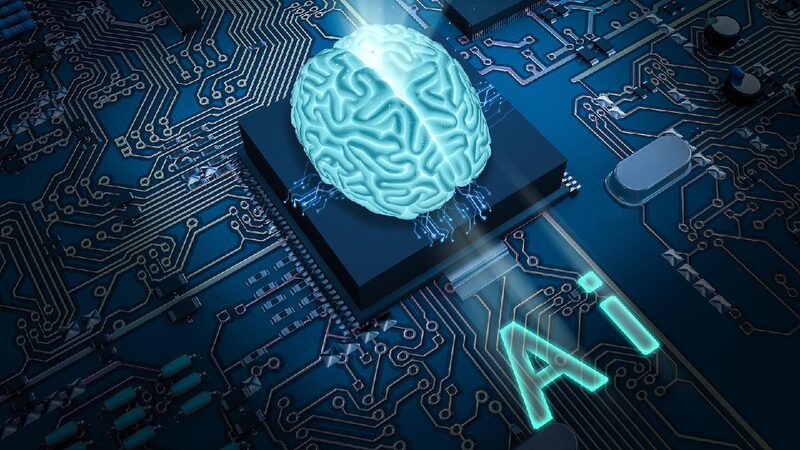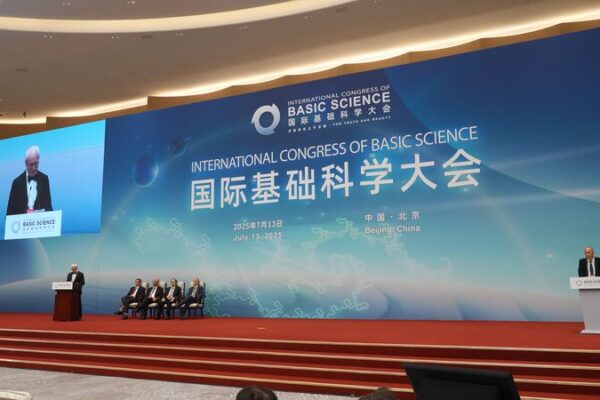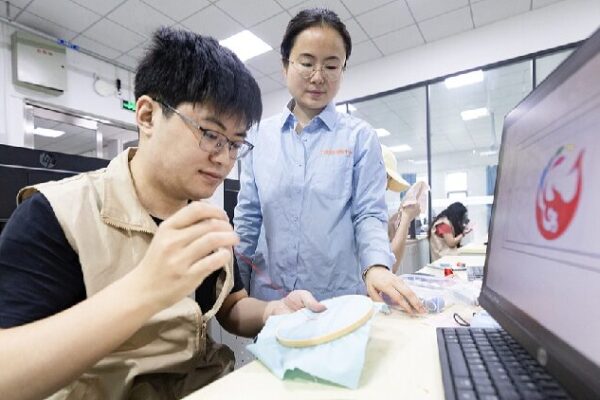Chinese Universities Expand AI Education Amid Tech Boom
Artificial intelligence (AI) is no longer confined to science and engineering in the Chinese mainland. It has become a general education subject across disciplines as universities broaden their AI courses to meet the surging demand in the tech sector.
In 2023, China’s Ministry of Education unveiled a plan to optimize emerging disciplines by 2025, aiming to stay abreast of new technologies and industries. The recent government work report also emphasizes efforts to enhance undergraduate education quality and accelerate the development of world-class universities and academic disciplines.
Leading universities such as Tsinghua University, Wuhan University, and Shanghai Jiao Tong University have announced plans to expand their enrollments in AI and related interdisciplinary fields. This move is designed to equip students with the skills needed in a rapidly evolving job market.
Medicine is one field closely integrating with AI. Shanghai Medical College of Fudan University offers over 20 AI-related courses, covering essential computer theories and practical applications. “Deep Learning in Medical Imaging” is one such course, taught by professors with backgrounds in biomedical engineering who understand the importance of interdisciplinary collaboration.
Beyond enhancing AI education, Chinese universities are also emphasizing collaboration with industries and enterprises. Nanjing University in east China’s Jiangsu Province has partnered with tech giants like Baidu and Huawei to develop intelligent tools that support AI-based teaching and assessment.
Similarly, Southwest Jiaotong University in southwest China’s Sichuan Province has teamed up with companies such as Amazon and JD.com to design AI courses that enhance students’ practical skills. The university has established a training system for top-tier AI talent, spanning undergraduate to doctoral levels.
China’s long-term vision for education was reinforced in January with the unveiling of a master plan to build the country into a leading nation in education by 2035. Minister of Education Huai Jinpeng highlighted the significance of technological innovation in education development and talent training.
“The need is clear,” said Huai. Job postings for drone engineers, algorithm engineers, and machine learning positions saw a year-on-year increase of about 40 percent in February, according to a survey by Zhaopin, an online recruitment platform in China. Industry reports indicate that by 2030, China may face a shortage of 4 million AI professionals.
Experts believe that fostering collaboration between universities and enterprises is key to bridging the gap between talent development and industry needs while enhancing university research through enterprise technology.
“Higher education in any country is a valuable resource for national strategy,” Huai added, emphasizing that efforts will continue to incorporate key fields such as AI and biotechnology to better align with national strategies and technological development.
Reference(s):
Chinese universities boost, broaden AI courses amid tech boom
cgtn.com








